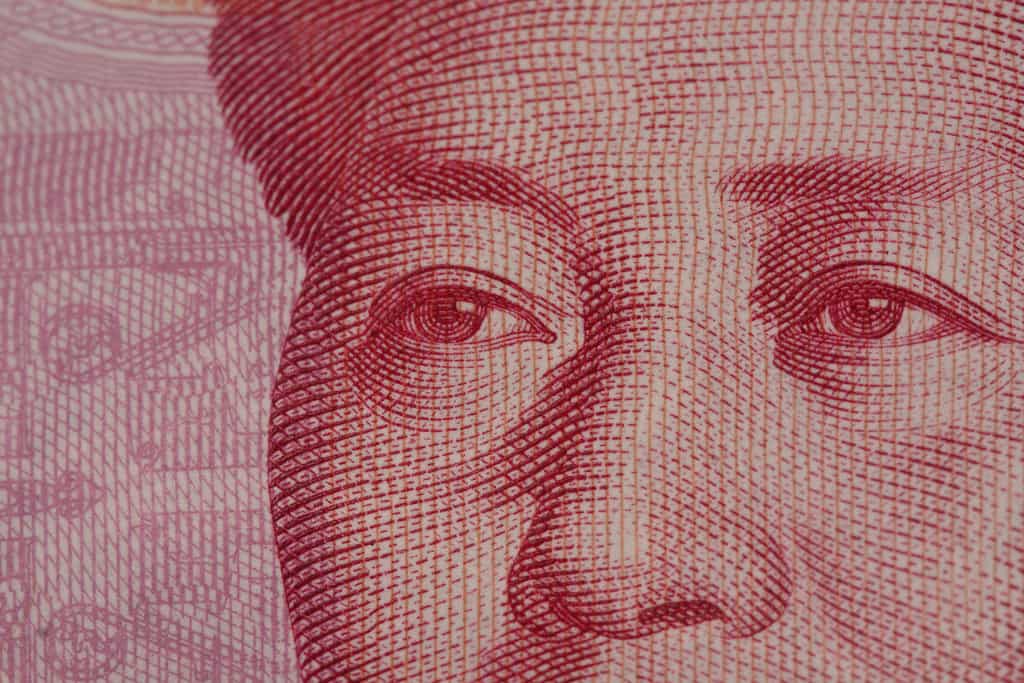Internationalisation of the Chinese yuan may have taken a major step forward following reports that the German central bank will include the currency in its stockpile of foreign reserves.
Andreas Dombret, a board member of the Deutsche Bundesbank, said at the Asian Financial Forum in Hong Kong that it would follow the lead of the European Central Bank by adding the renminbi to its foreign reserves portfolio.
“The [Chinese yuan] is used increasingly as part of central banks’ foreign exchange reserves,” said Dombret.
“For example, the European Central Bank included RMB but also other European central banks did so. And i can today say that also the German central bank has decided to include RMB in our currency reserves.”
The ECB procured Chinese yuan worth USD$609.8 million in 2017.
The German central bank’s incorporation of the Chinese yuan into its foreign reserves could shore up the currency’s status and serve to further boost its value, after the renminbi exchange rate recently rose to its strongest levels in over two years as the US Dollar Index faltered.
While the People’s Bank of China has consistently pushed for greater internationalisation of the renminbi, these efforts took a hit last year following the introduction of heavy capital control to stymie an exodus of funds in 2016.
The latest data from the IMF indicates that the yuan’s share of global foreign exchange reserves was 1.12% in the third quarter of 2017, as compared to 63.5% for the greenback and 20% for the Euro.
PBOC deputy governor Yin Yong said to China Securities Journal earlier this week that the internationalisation of the Chinese yuan still had a long way to go, despite China’s status as the world’s second largest economy.
“The international status of the yuan doesn’t match China’s weighting in the global economy,” said Yin. “The market also has huge demand for yuan assets.”


